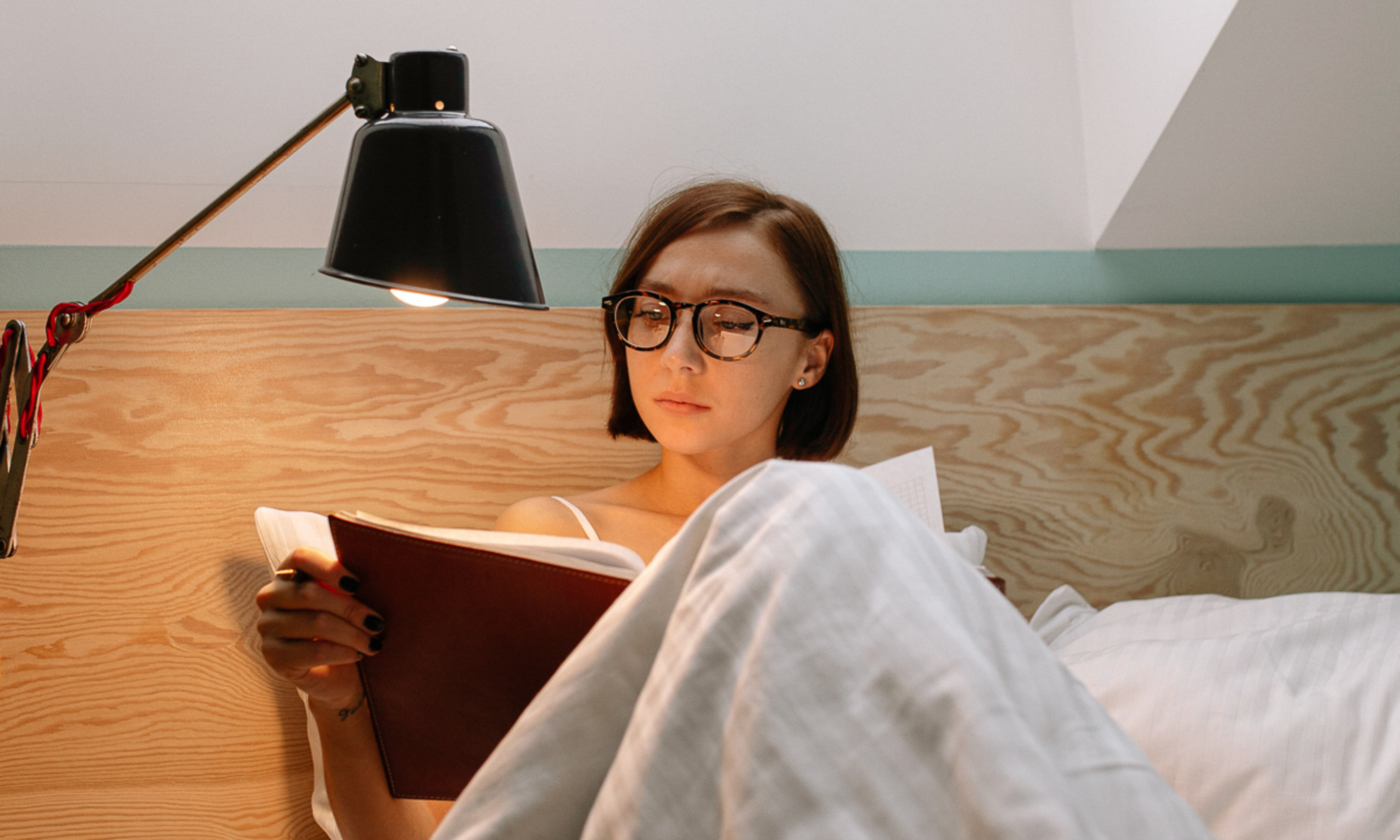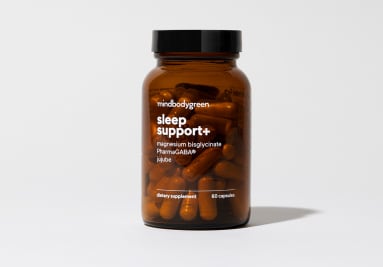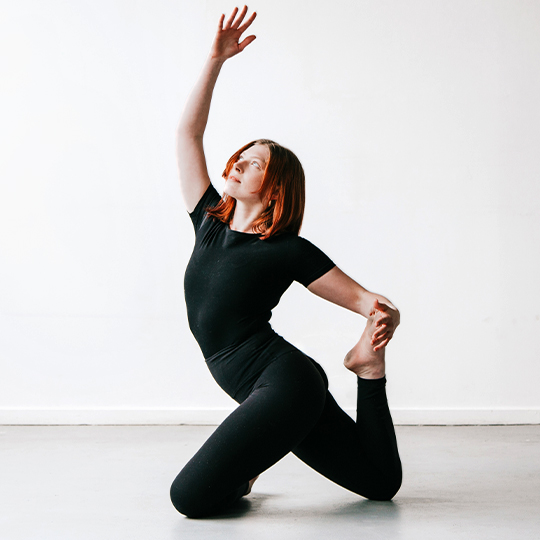Sleep Experts All Do These 6 Things Before Bed — Do You?
First and foremost, they take their sleep seriously.

Image by Roman Shalenkin / Stocksy February 22, 2023 Our editors have independently chosen the products listed on this page. If you purchase something mentioned in this article, we may For the past six months, our series The Wind Down has shared the bedtime routines that help health experts get their best rest. While each routine is unique (sometimes extremely so), many are united by a few key common threads. From biohackers to breathwork teachers, health professionals of all stripes take the following steps to support their sleep:
Advertisement
This ad is displayed using third party content and we do not control its accessibility features.
1. 2. Nearly 50% of the experts featured currently use an Oura ring or another type of sleep-tracking device, while the other half judge their sleep quality based on how they feel in the morning. All of them agree that keeping tabs on sleep in some form or fashion is helpful for identifying the habits that most hinder rest. This ad is displayed using third party content and we do not control its accessibility features. 3. That said, experts agree that one night with a low sleep score isn't the end of the world. As clinical psychologist and sleep specialist Shelby Harris, PsyD, DBSM writes in her routine: "One of my big issues with how sleep is portrayed in our current culture is the idea of perfection, that you 'need' to get optimal sleep quality and duration every single night. But the reality is that this is not possible for the vast majority of people. There's variation from night to night, and that's normal." Everyone we've polled also admits to the occasional bad bedtime habit. Drinking wine late at night, watching TV in bed, and scrolling on Reddit until the wee hours of the morning are all things they do from time to time. This shows there's no shame in straying from your sleep routine. It's about progress, not perfection. 4. This ad is displayed using third party content and we do not control its accessibility features. 5. No matter their ideal bedtime, the experts we've featured aim to eat dinner at least three hours before lights out. This gives their bodies ample time to digest their final meal, improving sleep quality. It also sets them up nicely for time-restricted eating—another habit that many of them share. "I stop eating three hours before bed—so by 6:30 p.m. on most nights. I have done a lot of research and personal experimentation with time-restricted eating, and I really believe it is one of the best free tools we have to improve metabolism and gene health," Amy Shah, MD says in her routine. Of course, eating early won't be possible every night, and on the occasion that model and wellness aficionado Kate Bock needs to dine later, she just chooses foods that are easier to digest. For her, that's a vegan dinner. 6. "I know—not only from the strong scientific evidence but also from my own personal experiences—that sleep is truly the foundation on which healthy lifestyles and health itself rests," sleep researcher Wendy Toxel, Ph.D. writes in her routine. While getting by on a few hours of rest used to be a badge of honor, these routines show that getting more sleep is really what's worth the bragging rights. From a neuroscientist who needs sleep to feel sharp, to a dietitian who finds that she is more compassionate with her patients after a solid snooze, all of these experts agree: sleep is essential for success. This ad is displayed using third party content and we do not control its accessibility features.They start their sleep routines in the morning.
They track their sleep in one way or another.
Advertisement
They don't stress over one bad night of sleep.
They take sleep supplements.
Advertisement
They don't eat too close to bedtime.
They take sleep seriously.
Advertisement
The takeaway.
Though bedtime looks a little different for the dozens of sleep and health experts featured in our Wind Down series so far, they all agree that a few small habits can go a long way in ensuring the type of sleep that sets the foundation for a fulfilling day.
If you are pregnant, breastfeeding, or taking medications, consult with your doctor before starting a supplement routine. It is always optimal to consult with a health care provider when considering what supplements are right for you.

 Koichiko
Koichiko 

































